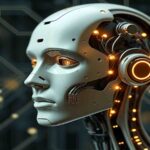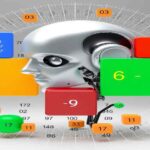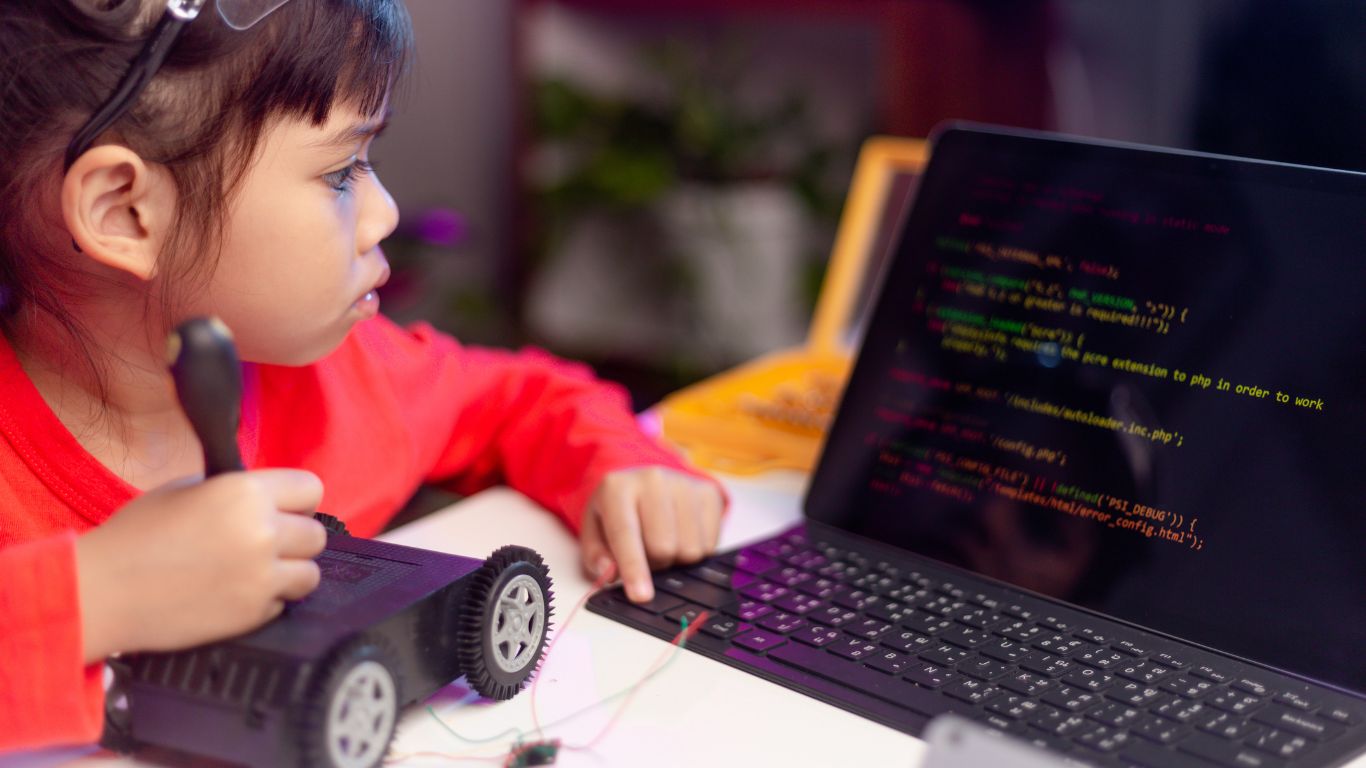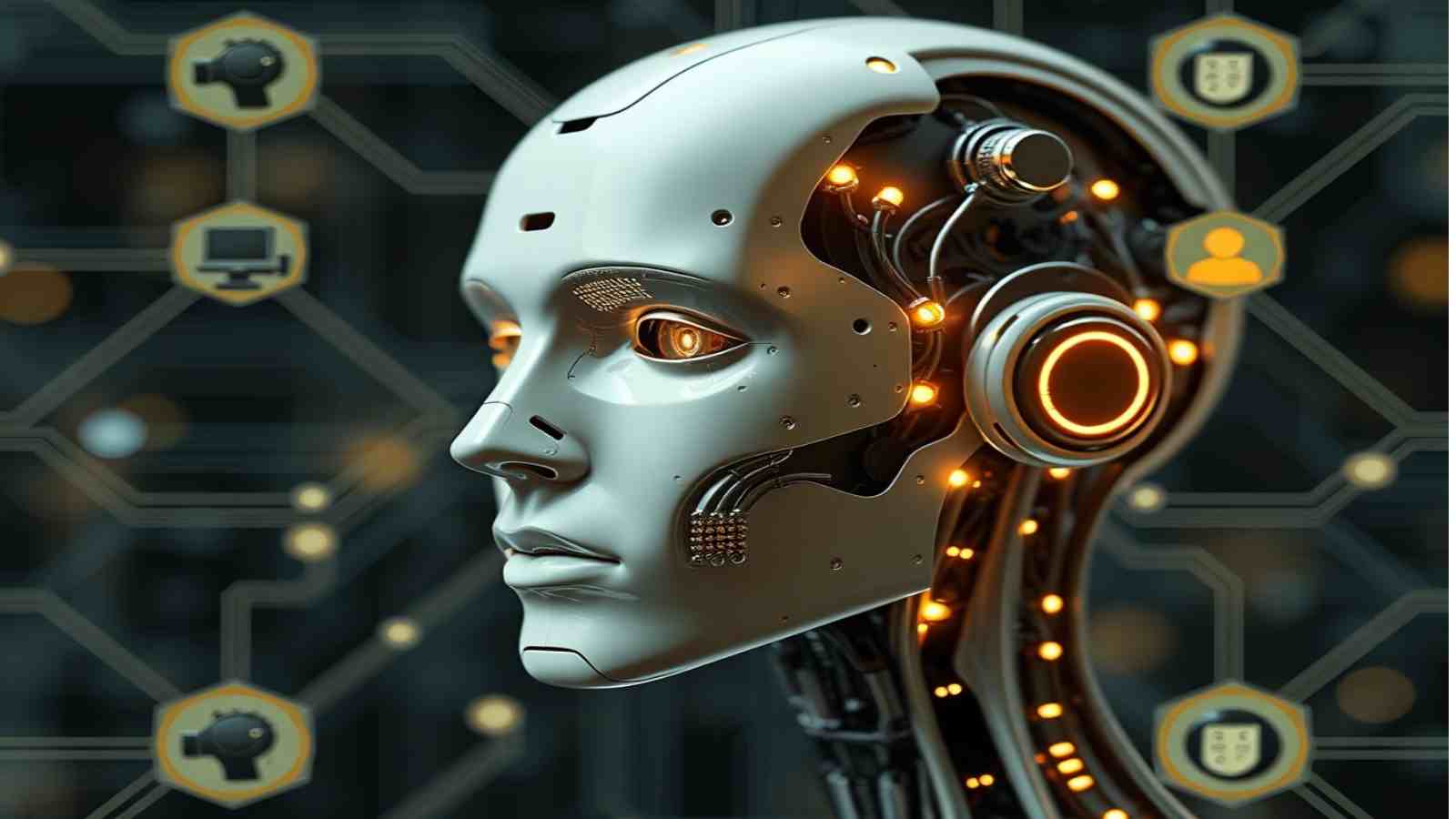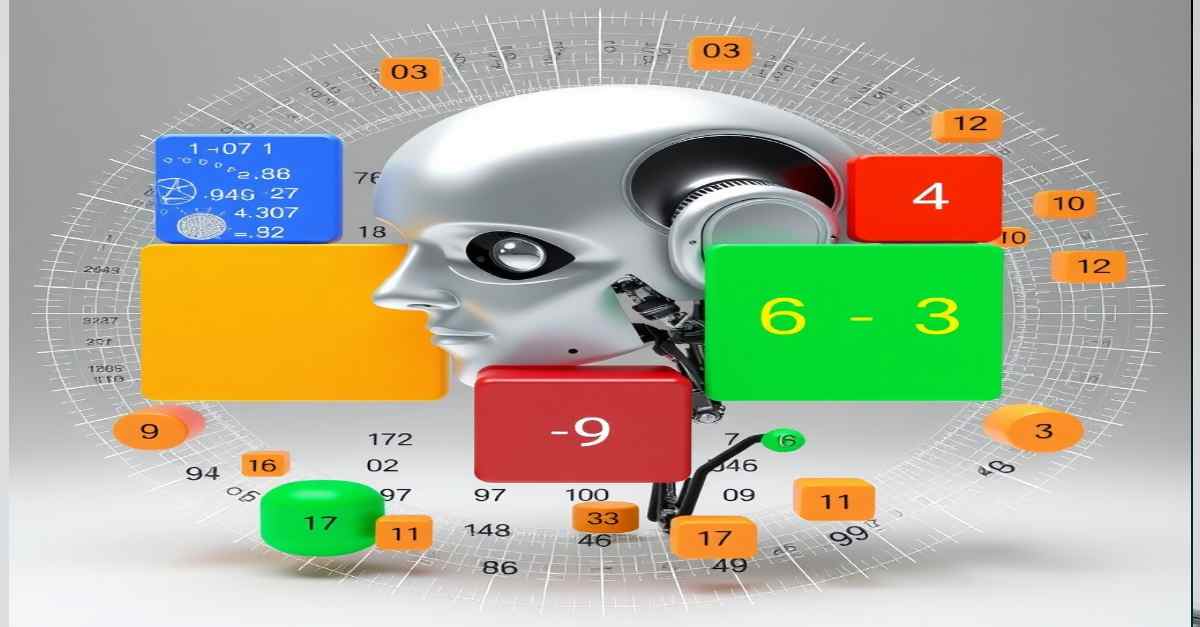The rise of Artificial Intelligence (AI) is transforming various industries, and the field of coding is no exception. Rather than viewing AI as a replacement for human developers, it is more accurate to see it as a powerful tool designed to enhance developer productivity. In this post, we will explore how AI is currently being used in coding, predict future trends, and address potential counterarguments.
AI as a Tool for Developer Productivity
Current Applications of AI in Coding
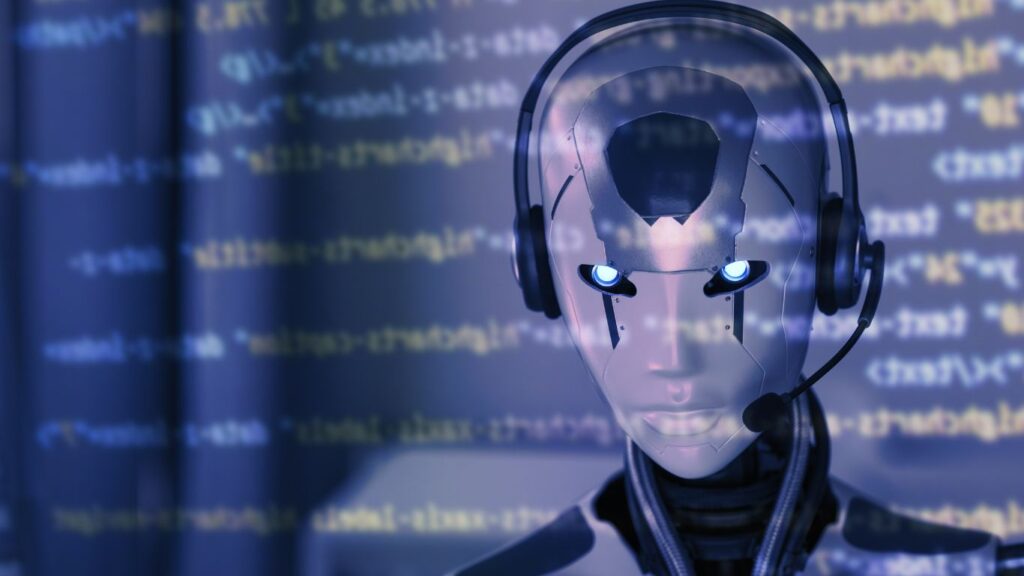
- Code Completion and Suggestion
- Tools: TabNine, Kite
- Function: These AI-powered tools predict and complete code snippets, speeding up the coding process and reducing errors.
- Bug Detection and Correction
- Tools: DeepCode, CodeAI
- Function: Using machine learning, these tools identify and fix bugs, making debugging less time-consuming and more efficient.
- Automated Testing
- Tools: Mabl, Testim
- Function: AI-driven platforms create and run tests automatically, minimizing the manual effort required and increasing test coverage.
- Code Review
- Tools: CodeGuru (AWS)
- Function: These tools use machine learning to review code, offering suggestions for improving code quality and performance.
Future Trends in AI and Coding
- Expanded Integration
- AI tools will continue to evolve, covering a broader range of development tasks beyond just code completion and bug detection.
- Complex Task Management
- AI will begin to tackle more sophisticated tasks, such as architecture planning and optimization, further enhancing productivity.
- Collaborative Coding Platforms
- AI-driven platforms will facilitate more efficient and effective collaboration among developers working on shared projects.
- Increased AI Literacy
- There will be a growing demand for developers to understand AI capabilities, making AI literacy essential for leveraging these tools effectively.
- Evolution of AI Ethics and Standards
- The coding community will develop robust ethical guidelines and standards to ensure the responsible use of AI.
Counterarguments and Considerations
Despite the numerous benefits, some potential counterarguments must be addressed:
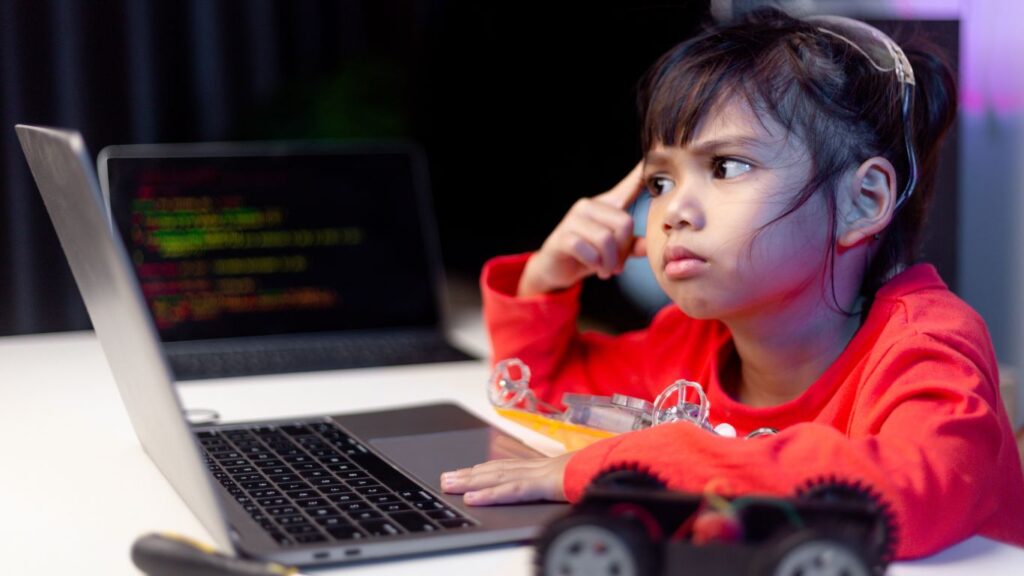
- Job Displacement Fears
- While AI can automate many tasks, it is unlikely to replace developers entirely. Human oversight remains crucial for complex decision-making and creative problem-solving.
- Quality and Security Concerns
- AI-generated code may not always meet human standards or could introduce vulnerabilities. Continuous monitoring and evaluation are essential.
- Integration Challenges
- Incorporating AI tools into existing development processes may need more support from developers who are accustomed to traditional workflows.
- Need for Human Oversight
- AI tools require human intervention to ensure accuracy, particularly in complex scenarios, which can offset some productivity gains.
- Bias Towards Certain Languages
- AI tools may favor specific coding styles or languages, potentially limiting their broader applicability.
FAQs
Will AI replace human developers entirely?
No, AI is unlikely to replace human developers entirely. While AI can automate repetitive tasks and enhance productivity, human developers are essential for complex decision-making, creative problem-solving, and overall project oversight.
How can AI improve the coding process?
AI can enhance the coding process in several ways, including code completion and suggestion, bug detection and correction, automated testing, and code reviews. These tools streamline workflows, reduce errors, and free up developers to focus on more complex tasks.
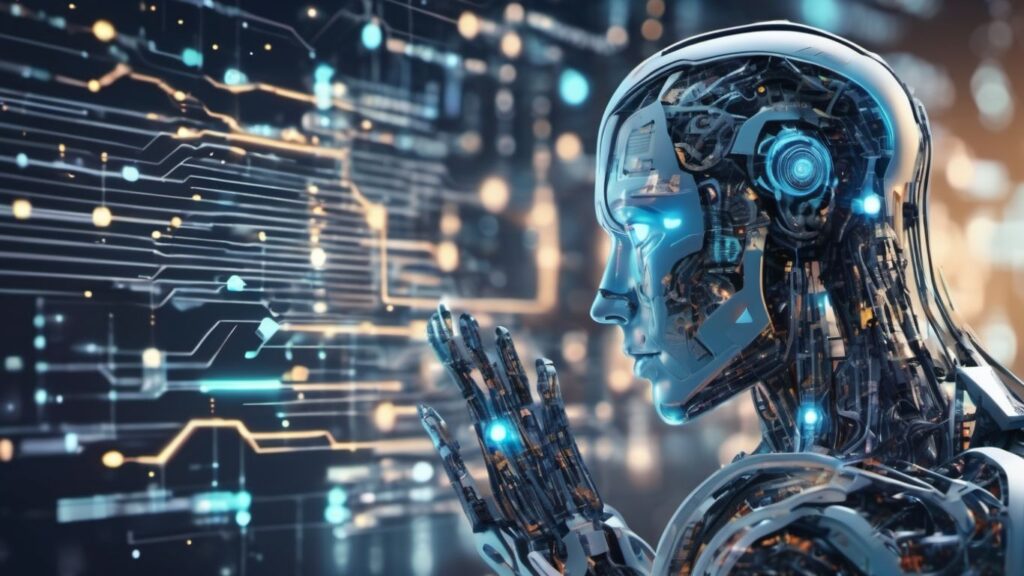
Are there any risks associated with using AI in coding?
Yes, there are risks, such as quality and security concerns, potential job displacement fears, integration challenges, and the need for human oversight. Additionally, AI tools may exhibit biases towards specific coding languages or styles.
What are the future trends in AI and coding?
Future trends include the expanded integration of AI into a broader range of development tasks, tackling more sophisticated functions like architecture planning, the rise of collaborative coding platforms, increased AI literacy among developers, and the development of ethical guidelines and standards for AI usage in coding.
How can developers ensure AI does not replace them?
Developers can stay relevant by focusing on skills that AI cannot easily replicate, such as creative problem-solving, strategic planning, and complex decision-making. Additionally, gaining proficiency in AI literacy will enable developers to leverage AI tools effectively in their workflows.
What steps can be taken to integrate AI tools into existing development workflows?
Successful integration involves training developers, selecting the right AI tools that align with team goals, continuously monitoring AI outputs for quality assurance, and encouraging a culture of adaptability and continuous improvement.
Conclusion
AI is undeniably revolutionizing the coding landscape, but it is not set to replace human developers. Instead, it serves as a powerful ally, enhancing productivity and enabling developers to focus on more complex and creative tasks. By understanding and leveraging AI tools, developers can stay ahead of the curve and continue to innovate.
Is AI Set to Revolutionize Coding Forever? Tech Experts Weigh In!
The Future of Programming: Will AI Dominate the Coding Scene?
Forget What You Know About Coding: AI Might Soon Rule!
Code-War! Can Human Coders Compete with Advanced Artificial Intelligence?
From Compiler to Coder: How AI is Reshaping Programming!

